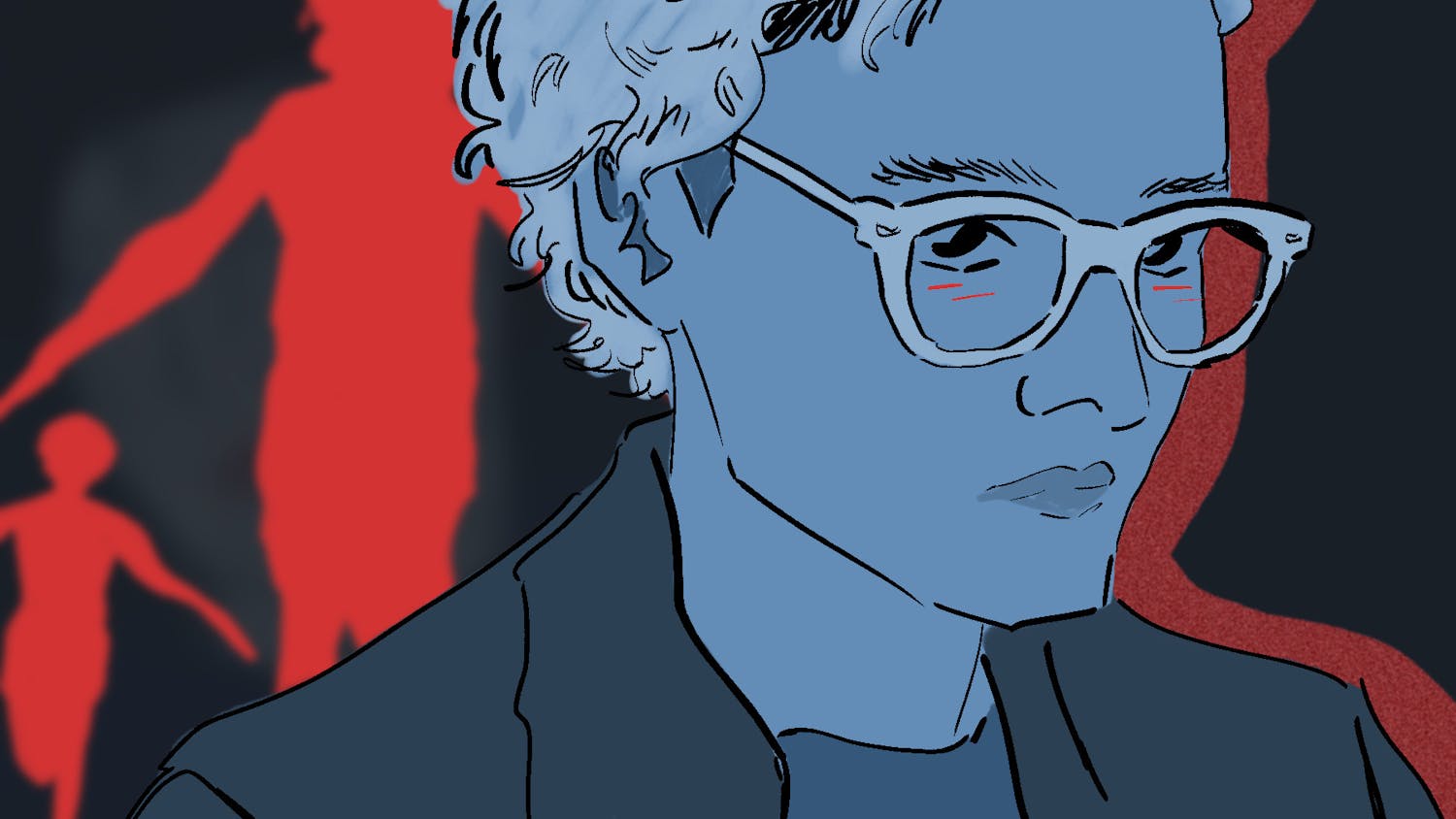a commercial success out of
the soundtrack to an animated film
about a monkey, but Jack Johnson
is apparently one of them. His
soundtrack to "Curious George"
(2006) topped the Billboard 200
charts and sold over 149,000 copies.
With the release of his first
album post"Curious George, "Sleep
Through the Static," Johnson maintains
the whimsical simplicity of his
previous work while deepening the
subject matter to encompass more
socially conscious, wider-reaching
themes.
The album alternates between
highly produced, ambitious numbers
about current events and
poignant, acoustic meditations on
personal topics.
The album's title track is an
example of the former, berating
the U.S. government for becoming
embroiled in the messy situation in
Iraq.
Johnson extends himself beyond
the lighthearted lyrics found on his
past records, such as "In Between
Dreams," which features songs like
as "Banana Pancakes." Instead, in
"Sleep Through the Static," he asks:
"Who needs keys when we've got
clubs? Who needs please when
we've got guns?"
Darker themes prevail on other
songs on the album, in contrast with
the laid-back mood that Johnson's
soft voice inspires. In "Enemy," he
pleads with someone to "please
stop lying," but Johnson is almost
incapable of sounding angry or
distraught. Then again, anyone who
buys a Jack Johnson album expecting
headbanging, rock-out music
is going to be very disappointed
anyway.
Johnson's best songs feature
bare bones production and intimate
subject matter. "Angel" is the most
successful song on the album for
its beautiful, poignant simplicity.
"You're so busy changing the world,
just one smile and you could change
all of mine," he sings in a tender
voice with a simple acoustic guitar
chord progression as the only accompaniment.
"Same Girl" is also a lovely
scaled-down number, a quiet meditation
on change and the constancy
of love. "Go On" is a gentle reflection
on watching his children growing
up.
Johnson uses everyday objects
and events that listeners can relate
to to create elaborate metaphors
for life, such as in "Losing Keys,"
where he uses the example of losing
his keys to represent the general
confusion of his state of mind: "I've
been losing lots of keys lately, I don't
know what that means, but maybe
I'd be better off with things that
can't be locked at all."
Johnson's music is often associated
with the adult-contemporary
or easy-listening genre, a genre
that often gets a bad reputation for
turning out cheesy, light-rock fluff.
Johnson's own brand of introspective,
soul-satisfying music, although
easy on the ears, is definitely many
cuts above your average elevator or
dentist's office tunes. The sweet,
flowing acoustic guitar melodies
provide the perfect atmosphere for
curling up in a chair on a rainy day.
Best known for his well-played radio
singles "Sitting, Waiting, Wishing"
and "Upside Down," Johnson's
music in general advocates a lazy,
laid-back lifestyle conguent with his
Hawaiian roots and previous career
as a professional surfer.
In "Sleep Through the Static,"
Johnson added keyboard player
and vocalist Zach Gill to his usual
accompanists bassist Merlo Podlewski
and drummer Adam Topol
on drums. Gill's keyboard playing
adds more variety to Johnson's
established formula, lending a
bouncy, frolicking reggae beat to
songs such as "Hope" and "Monsoon."
Perhaps it's not surprising coming
from an artist who wrote a song
entitled "The 3 R's" featuring the
lyrics: "We've got to learn to Reduce
Reuse Recycle."
Johnson's new album is notable
for more than just its music -- it was
recorded using 100 percent solar
energy, and the album materials
are printed on 100 percent recycled
paper




